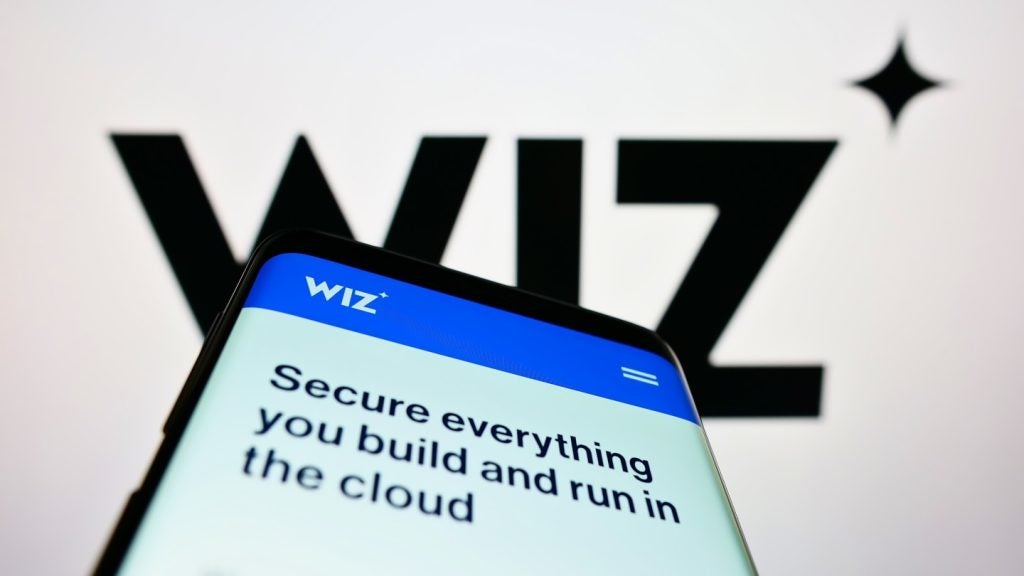The technology industry continues to be a hotbed of patent innovation. Activity is driven by the need for stronger and more comprehensive cybersecurity measures to protect against cyber threats and attacks, as well as growing importance of technologies such as practical byzantine fault tolerance (PBFT), federated byzantine agreement (FBA), byzantine fault-tolerant replication (BFT-R), and practical byzantine fault tolerant with state machine replication (PBFT-SMR). These technologies and consensus algorithms contribute to the development of Byzantine fault-tolerant blockchains, ensuring the system’s resilience against malicious or faulty behavior. In the last three years alone, there have been over 4.1 million patents filed and granted in the technology industry, according to GlobalData’s report on Blockchain in technology: byzantine fault tolerant blockchain. Buy the report here.
According to GlobalData’s Technology Foresights, which uses over 1.5 million patents to analyze innovation intensity for the technology industry, there are 190+ innovation areas that will shape the future of the industry.
Byzantine fault tolerant blockchain is a key innovation area in blockchain
Byzantine fault-tolerant blockchain refers to a form of distributed ledger technology capable of establishing consensus in the face of malicious participants. Its name is derived from the Byzantine Generals Problem, an influential computer science problem initially outlined in 1982. By employing consensus algorithms, this technology guarantees the prevention of disruptions caused by malicious actors, thus ensuring the successful attainment of consensus within the system.
GlobalData’s analysis also uncovers the companies at the forefront of each innovation area and assesses the potential reach and impact of their patenting activity across different applications and geographies. According to GlobalData, there are 80+ companies, spanning technology vendors, established technology companies, and up-and-coming start-ups engaged in the development and application of byzantine fault tolerant blockchain.
Key players in byzantine fault tolerant blockchain – a disruptive innovation in the technology industry
‘Application diversity’ measures the number of applications identified for each patent. It broadly splits companies into either ‘niche’ or ‘diversified’ innovators.
‘Geographic reach’ refers to the number of countries each patent is registered in. It reflects the breadth of geographic application intended, ranging from ‘global’ to ‘local’.
Patent volumes related to byzantine fault tolerant blockchain
| Company | Total patents (2010 - 2022) | Premium intelligence on the world's largest companies |
| Siemens | 25 | Unlock Company Profile |
| Alibaba Group | 224 | Unlock Company Profile |
| Salesforce | 16 | Unlock Company Profile |
| Akamai Technologies | 13 | Unlock Company Profile |
| Telia | 7 | Unlock Company Profile |
| Telefonaktiebolaget LM Ericsson | 14 | Unlock Company Profile |
| Sony Group | 9 | Unlock Company Profile |
| Advanced New Technologies | 119 | Unlock Company Profile |
| The Vanguard Group | 7 | Unlock Company Profile |
| IBM | 88 | Unlock Company Profile |
| Walmart | 12 | Unlock Company Profile |
| Intel | 13 | Unlock Company Profile |
| DrFirst | 10 | Unlock Company Profile |
| PeerNova | 6 | Unlock Company Profile |
| Bundesdruckerei | 11 | Unlock Company Profile |
| Swirlds | 7 | Unlock Company Profile |
| SICPA | 12 | Unlock Company Profile |
| Everseen | 12 | Unlock Company Profile |
| nChain | 49 | Unlock Company Profile |
| ULedger | 11 | Unlock Company Profile |
| LunaPBC | 11 | Unlock Company Profile |
| Thunder Token | 9 | Unlock Company Profile |
| Labyrinth Research | 12 | Unlock Company Profile |
| Polysign | 13 | Unlock Company Profile |
Source: GlobalData Patent Analytics
Alibaba is the leading patent filer in byzantine fault tolerant blockchain. The company’s patents are aimed at implementations of the present specification including a computer-implemented method for achieving a consensus among several network nodes of a blockchain network. The blockchain network includes a primary node and one or more backup nodes.
The method includes receiving a transaction request by the primary node, sending several first messages to the backup nodes by the primary node, receiving second messages from the backup nodes by the primary node, reconstructing the transaction request based on data in the second messages by the primary node, sending a third message to the backup nodes by the primary node, and executing the transaction request in response to receiving a predetermined number of third messages.
Other prominent patent filers in the space include Advanced New Technologies and IBM.
In terms of geographic reach, SICPA leads the pack, followed by Everseen and Furukawa. In terms of application diversity, SICPA holds the top position, followed by nChain and Vanguard Group.
Byzantine fault-tolerant blockchain provides a robust and secure consensus mechanism even in the presence of malicious actors. It safeguards against various attack vectors, including node failures, network partitions, and intentional malicious behaviour, thereby maintaining the integrity of the blockchain network.
To further understand the key themes and technologies disrupting the technology industry, access GlobalData’s latest thematic research report on Blockchain.
Data Insights
From

The gold standard of business intelligence.
Blending expert knowledge with cutting-edge technology, GlobalData’s unrivalled proprietary data will enable you to decode what’s happening in your market. You can make better informed decisions and gain a future-proof advantage over your competitors.






